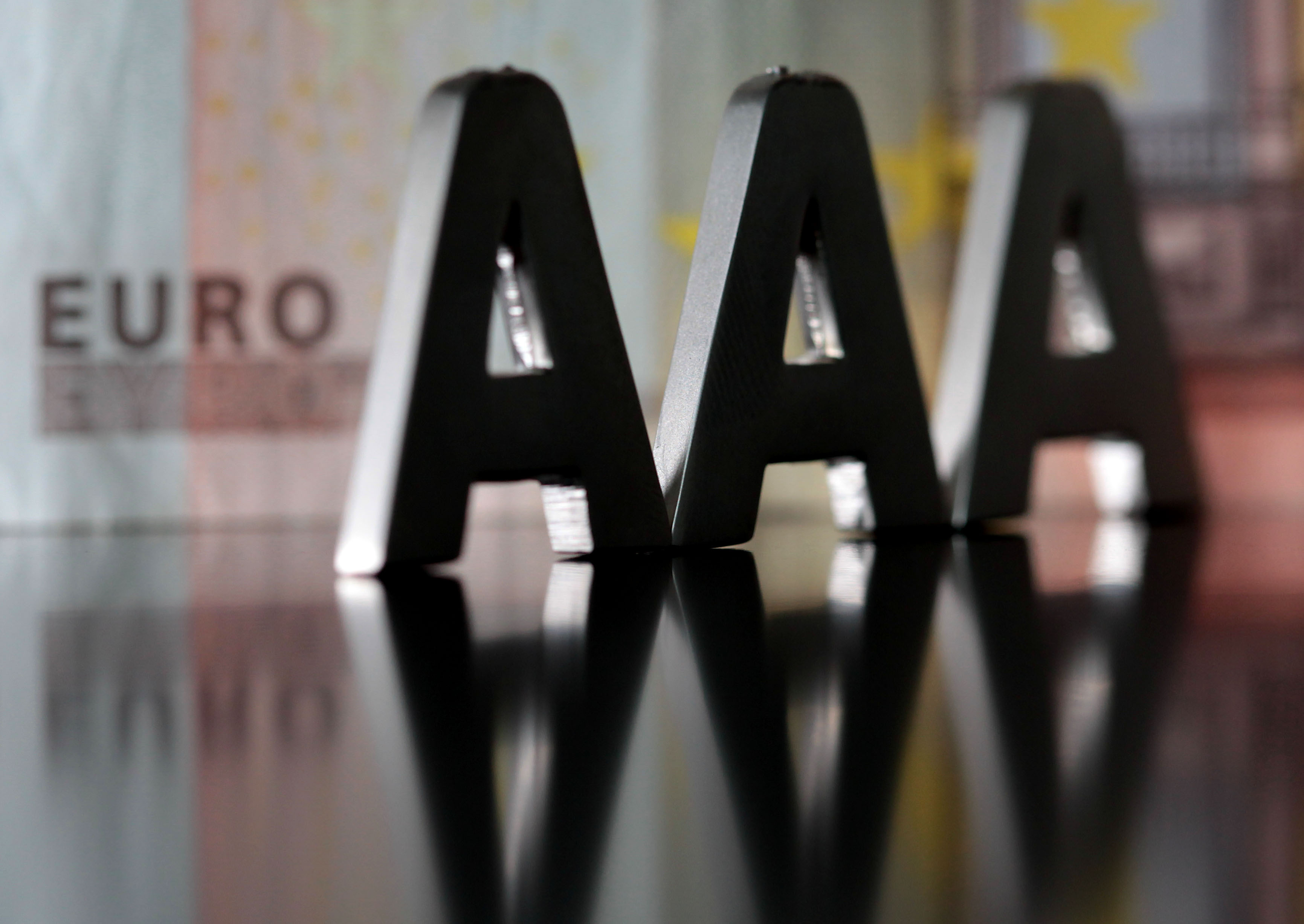 background
background
Ratings at a glance How creditworthy are which countries?
Status: 15.06.2021 01:05 p.m. Credit ratings from the major US rating agencies help determine the interest rates at which a state can borrow money. How do Moody’s, Fitch and Standard & Poor’s rate the creditworthiness of the countries in the eurozone and other countries? Who gets the top grade, the “Triple-A”? An overview of the current credit ratings from Belgium to Cyprus.
| S & P | Moody’s | Fitch | |
|---|---|---|---|
| Belgium | AA | Aa3 | AA- |
| Germany | AAA | Aaa | AAA |
| Estonia | AA- | A1 | AA- |
| Finland | AA + | Aa1 | AA + |
| France | AA | Aa2 | AA |
| Greece | BB | Ba3 | BB |
| Ireland | AA- | A2 | A + |
| Italy | BBB | Baa3 | BBB- |
| Latvia | A + | A3 | A- |
| Lithuania | A + | A2 | A. |
| Luxembourg | AAA | Aaa | AAA |
| Malta | A- | A2 | A + |
| Netherlands | AAA | Aaa | AAA |
| Austria | AA + | Aa1 | AA + |
| Portugal | BBB | Baa3 | BBB |
| Slovakia | A + | A2 | A. |
| Slovenia | AA- | A3 | A. |
| Spain | A. | Baa1 | A- |
| Cyprus | BBB- | Ba2 | BBB- |
Source: rating agencies / as of June 15, 2021
| S & P | Moody’s | Fitch | |
|---|---|---|---|
| United States | AA + | Aaa | AAA |
| Japan | A + | A1 | A. |
| Great Britain | AA | Aa3 | AA- |
| Switzerland | AAA | Aaa | AAA |
| Russia | BBB- | Baa3 | BBB |
| China | A + | A1 | A + |
Source: rating agencies / as of June 15, 2021
From triple A to D Rating agencies and their ratings You decide who gets a loan and under what conditions: The rating agencies – above all S & P, Moody’s and Fitch – assess the creditworthiness of states and companies.

























































 background 07/14/2011
background 07/14/2011



You must log in to post a comment.